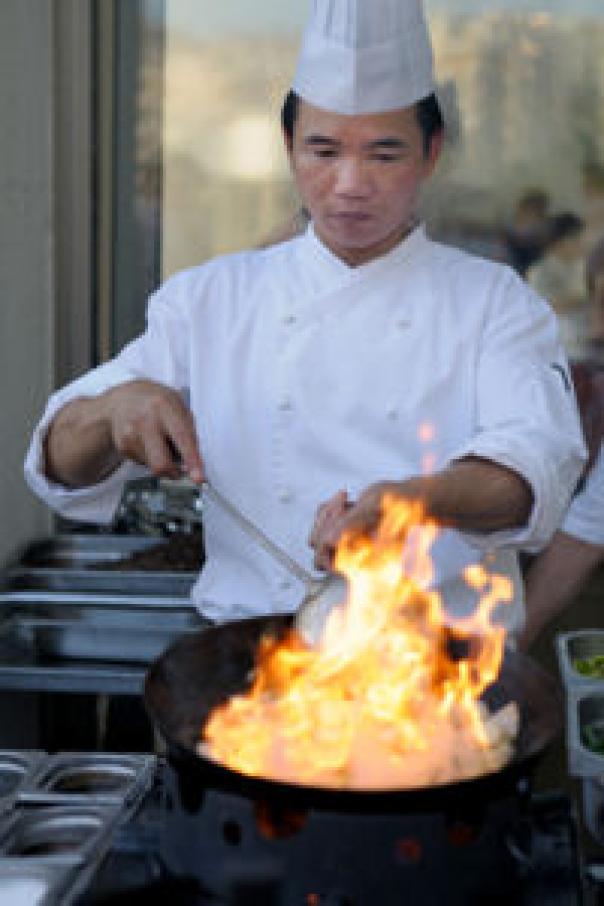14th Mar 2011 - 00:00
Image

Abstract
Workers from outside the European Economic Area (EEA) will no longer be allowed to seek employment in the UK's fast food outlets and takeaways, as further restrictions on immigrant chefs are revealed.
In December 2010, the government asked the Migration Advisory Committee to advise on how the current shortage occupation lists for the UK and Scotland could be revised to remove jobs below graduate level. Whilst skilled chefs as a whole remain on the shortage lists there is new, and somewhat tough, criteria to comply with. From the 6th April 2011, those outside the EEA looking for employment in the UK as a chef must: • be skilled to NQF4+ (graduate level) • have a minimum of five years previous experience in a role of at least equivalent status to the one they are entering • not seek a job in a fast food or standard fare outlet • be paid a minimum of £28,260 per year after deductions for accommodation, meals The Home Office said it will additionally rule out chefs being recruited to work in establishments that provide a takeaway service and place a restriction on the roles that can be undertaken. Chair of the MAC, Professor David Metcalf, said: "Placing limits on migration requires that we are far more selective and ensure only highly skilled migrant workers can come to work in the UK. For instance, only the top 5% of chef jobs will be open to Tier 2 workers under these recommendations as a result of a more stringent earnings threshold." Damian Green, Immigration Minister, added that these changes are necessary if we are to stop using migrants as a "first resort". "This government is determined to get people back to work and provide business with the skills they need from the British workforce — reducing the need for migrants at the same time as we reduce their number." But Martin-Christian Kent, research and policy director at People 1st said the implications for the industry could be critical for businesses. "This is something that People 1st has anticipated for some time. In reality, the impact won't be uniform. Larger ethnic restaurant businesses, especially in large towns and cities, will face the most problems, as well as those that want to expand, or need to replace staff. If they can't find skilled workers, they may be forced to buy in more pre-prepared food products, could possibly be tempted to recruit illegal workers or will have to close." Kent added that the industry now has a mountain to climb because demand for UK born chefs with ethnic cooking skills has simply not existed.
"The main problem is that there is no steady pool of skilled Asian and Oriental chefs waiting to enter the industry. While hundreds of colleges deliver chef courses, very few offer ethnic chef programmes. Employers haven't created significant demand for them, as they were happy to recruit internationally, and neither have students. This is the industry's challenge - we are starting from scratch and need to generate demand from employers and potential workers alike." The British Hospitality Association said the industry hadn't been listened to: "We've been in close discussions with the MAC and we're disappointed that our arguments have not prevailed. Many sectors of the industry (not just the ethnic sector) rely on migrants from non EU countries and the stipulation that any future chefs brought into the country should be at graduate level and at high salary levels will more or less preclude them all, although we are not clear how 'graduate level' will be interpreted, "Specialised ethnic chefs, with years of experience in their own country, cannot be replicated in this country. We will continue to make representations to the government." The number of skilled migrants not from the European Economic Area is being capped annually at 21,700. By doing this the government wants to cut net migration from about 200,000 a year to just tens of thousands by 2015. The EEA includes countries in the European Union and the European Free Trade Association.